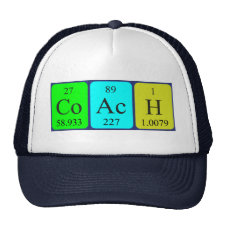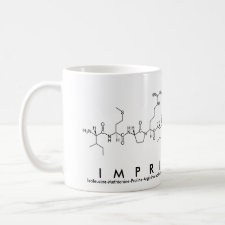
Authors: Dai CM, Geissen SU, Zhang YL, Zhang YJ, Zhou XF
Article Title: Selective removal of diclofenac from contaminated water using molecularly imprinted polymer microspheres.
Publication date: 2011
Journal: Environmental Pollution
Volume: 159
Issue: (6)
Page numbers: 1660-1666.
DOI: 10.1016/j.envpol.2011.02.041
Alternative URL: http://www.sciencedirect.com/science/article/B6VB5-52FTGGD-1/2/6ef5dbdd559376e5fdaf4f18aada3522
Abstract: A molecularly imprinted polymer (MIP) was synthesized by precipitation polymerization using diclofenac (DFC) as a template. Binding characteristics of the MIP were evaluated using equilibrium binding experiments. Compared to the non-imprinted polymer (NIP), the MIP showed an outstanding affinity towards DFC in an aqueous solution with a binding site capacity (Qmax) of 324.8 mg/g and a dissociation constant (Kd) of 3.99 mg/L. The feasibility of removing DFC from natural water by the MIP was demonstrated by using river water spiked with DFC. Effects of pH and humic acid on the selectivity and adsorption capacity of MIP were evaluated in detail. MIP had better selectivity and higher adsorption efficiency for DFC as compared to that of powdered activated carbon (PAC). In addition, MIP reusability was demonstrated for at least 12 repeated cycles without significant loss in performance, which is a definite advantage over single-use activated carbon
Template and target information: diclofenac, DFC
Author keywords: molecularly imprinted polymer, diclofenac, selective removal, Regeneration, water treatment



Join the Society for Molecular Imprinting

New items RSS feed
Sign-up for e-mail updates:
Choose between receiving an occasional newsletter or more frequent e-mail alerts.
Click here to go to the sign-up page.
Is your name elemental or peptidic? Enter your name and find out by clicking either of the buttons below!
Other products you may like:
 MIPdatabase
MIPdatabase









